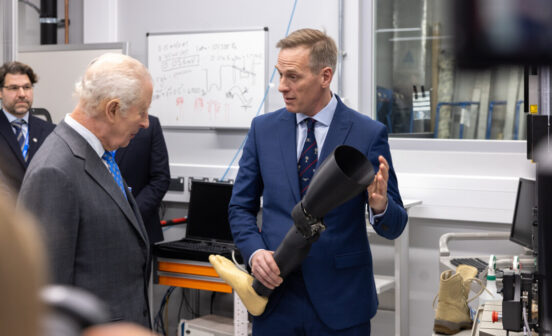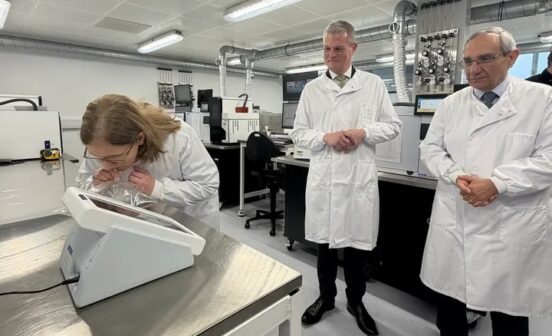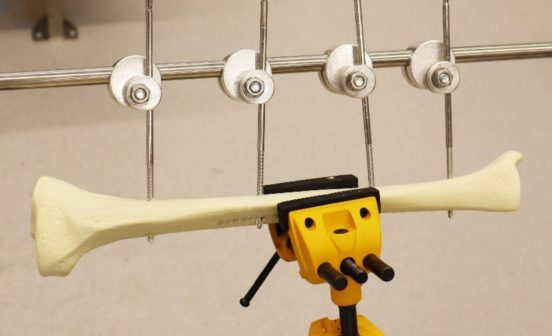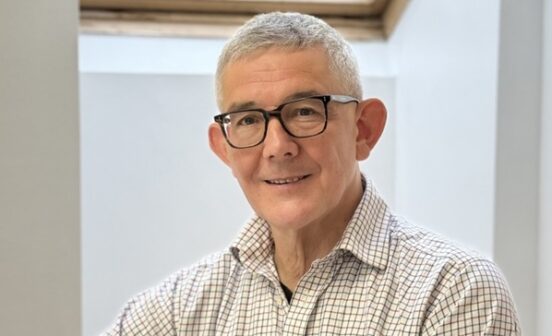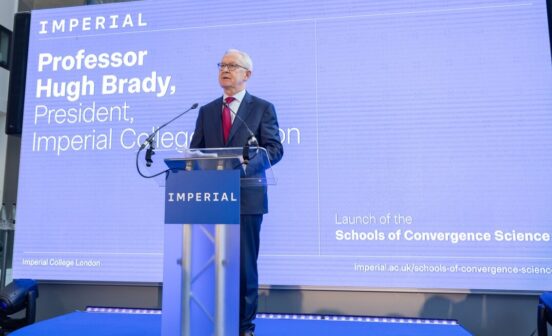Informatics Approaches Community health workers could help tackle NHS workload crisis
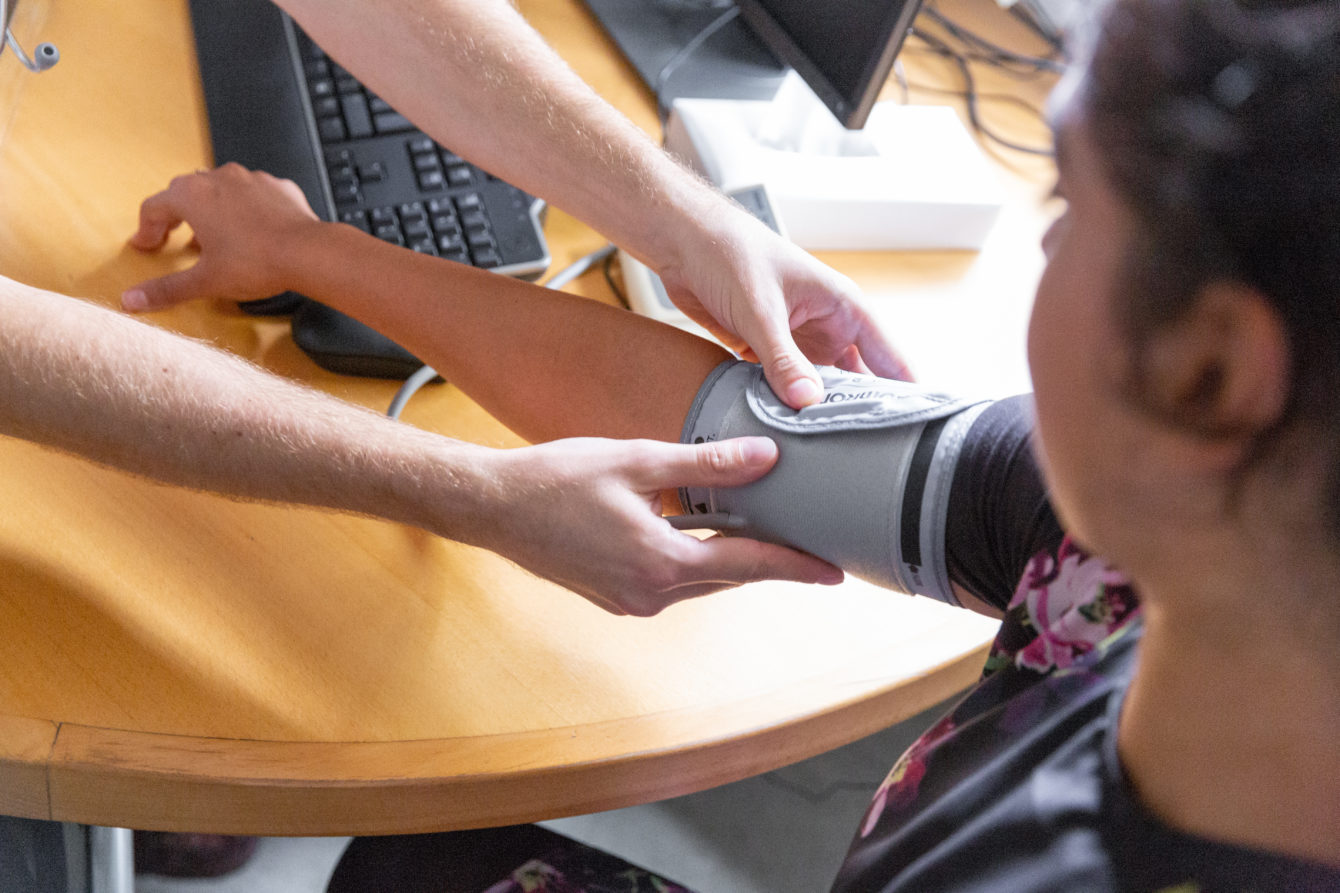
The growing workload crisis in NHS primary care could be helped by a fleet of community health workers, a study led by Dr Matthew Harris and funded by the NIHR Imperial BRC has shown. Published by the Journal of the Royal Society of Medicine, the modelling study provides a compelling case for pilot studies to explore the feasibility of a comprehensive, universal system of community health workers.
Using a model introduced in Brazil’s Family Health Strategy, the researchers estimate the likely costs and benefits of deploying community health workers throughout NHS primary care in England. Conservative modelling suggests that 110,585 community health workers would be needed to cover the general practice population in England, costing the NHS £2.22bn annually. However, assuming they could successfully refer 20% of eligible unscreened or unimmunised individuals, an additional 753,592 cervical cancer screenings, 365,166 breast cancer screenings and 482,924 bowel cancer screenings could be expected.
A total of 16,398 additional children annually could receive their MMR vaccination at 12 months and 24,716 their MMR at five years of age.
Community health workers in Brazil provide services to 70% of the country’s 200 million inhabitants, and have basic training in disease identification and monitoring, immunisation, screening support and health promotion. With responsibility for a defined group of households in their local area, community health workers visit all households at least once per month and liaise proactively with primary care services to ensure effective resolution of health and social care issues.
The study points to a 2017 UK government select committee report, which stated that the absence of any comprehensive national long-term strategy to secure an appropriately skilled and committed workforce represents the biggest internal threat to the long-term sustainability of the NHS. Lead researcher Dr Benedict Hayhoe, from Imperial’s School of Public Health said: “Numerous interventions and government initiatives over some 20 years have failed to result in actual system-wide integrated care. A scaled and integrated community health worker workforce, offering proactive, preventative and holistic community-based care, may have the potential to succeed in achieving these aims where previous efforts have failed.”
According to Dr Hayhoe, community health workers could have important beneficial effects on health outcomes. “Their ability to liaise closely with GPs, identify problems early and support chronic disease monitoring indicates potential to reduce unnecessary workload burden on GPs, improving access while reducing use of acute and secondary care services,” he said.
He added: “The impact of community health workers in the UK may be smaller than in Brazil overall, given differences in baseline health provision. However, this study provides a compelling case for pilot studies to explore the feasibility of a comprehensive, universal system of community health workers, integrated into primary care in the UK NHS.”
You can read more on this story by Kate Wighton here.

